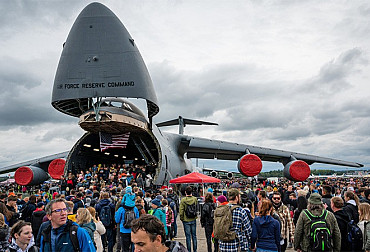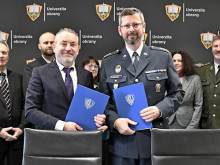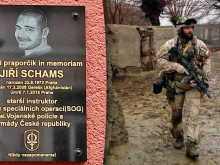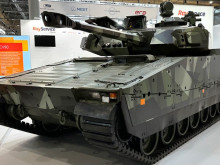Bosnia could become the site of a new conflict in the Balkans, experts say
The war in the former Yugoslavia claimed thousands of lives and resulted in a completely different regional order. However, the risk of open conflict in this increasingly unstable environment, caused among other things by the clash of different cultures and religions, still smoulders. The Army of the Czech Republic, or rather the Czechoslovak Army, has been operating in the region as part of the UNPROFOR mission since 1992. What is the situation in the former Yugoslavia now? Tensions are rising and the region will probably not see peace any time soon.
UNPROFOR was established by UN Security Council Decision 721 of 27 November 1991. The participation of our army in peacekeeping missions in the territory of the former Yugoslavia was decided by the Government of the then Czech and Slovak Federal Republic (CSFR) in its Resolution No 27 of 16 January 1992. Immediately thereafter, a Czechoslovak battalion of 500 personnel, integrated into three companies, was rapidly built at the UN Peacekeeping Training Centre in Český Krumlov. Only volunteer soldiers who were willing to perform the tasks of the deployment at a high professional level with the ability to fully comply with the orders and regulations resulting from the UN mandate for the peacekeeping operation were assigned to the unit. On 7 March 1992, the United Nations mandate for the CSFR entered into force and on 11 March of the same year the Federal Assembly of the CSFR gave its approval for the deployment of the unit. After the division of the Czech and Slovak Federative Republics, a joint Czechoslovak battalion operated on the territory of the former Yugoslavia for three more months, totalling approximately 1 000 soldiers.
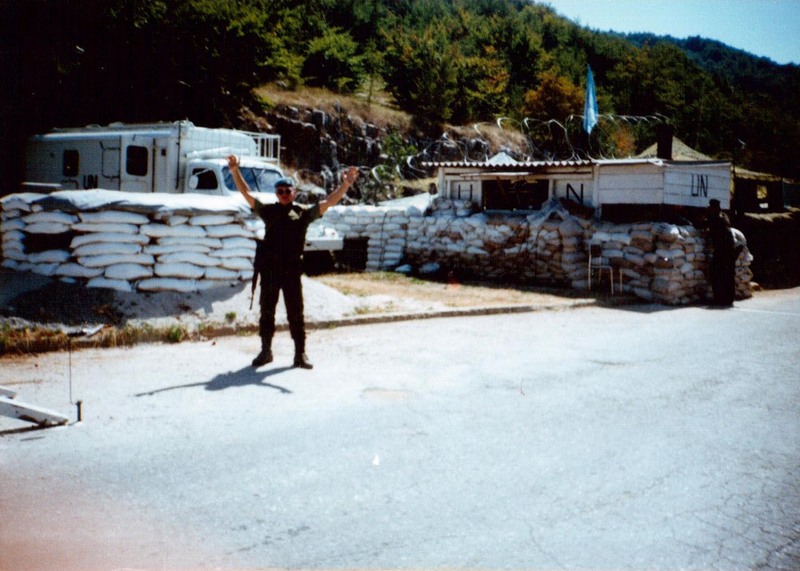 Picture: The participation of our army in peacekeeping missions on the territory of the former Yugoslavia was decided by the government of the then Czech and Slovak Federal Republic in its Resolution No. 27 of 16 January 1992. (illustration photo) | Martin Prokop
Picture: The participation of our army in peacekeeping missions on the territory of the former Yugoslavia was decided by the government of the then Czech and Slovak Federal Republic in its Resolution No. 27 of 16 January 1992. (illustration photo) | Martin Prokop
However, let us look at the situation in the area now. The High International Representative for Bosnia and Herzegovina, Christian Schmidt, recently stated that if the Serb separatists carry out their threats and form their own army, thus splitting the national armed forces in two, this will lead to a new war in the region, a new Bosnian war. More international peacekeepers would have to return to the country. There are now around 700 of them in Bosnia. A possible conflict would be a direct response to the aggressive rhetoric of local politicians, especially Milorad Dodik, President of Republika Srpska, who has recently threatened to rebuild the Serbian armed forces. Moreover, he refers to the friends of the Bosnian Serbs, namely Russia and Serbia, where he relies on their support, but also on the vetoing of UN Security Council mandates and resolutions. In this way, it is, to some extent, laying its cards on the table in anticipation of a possible new conflict.
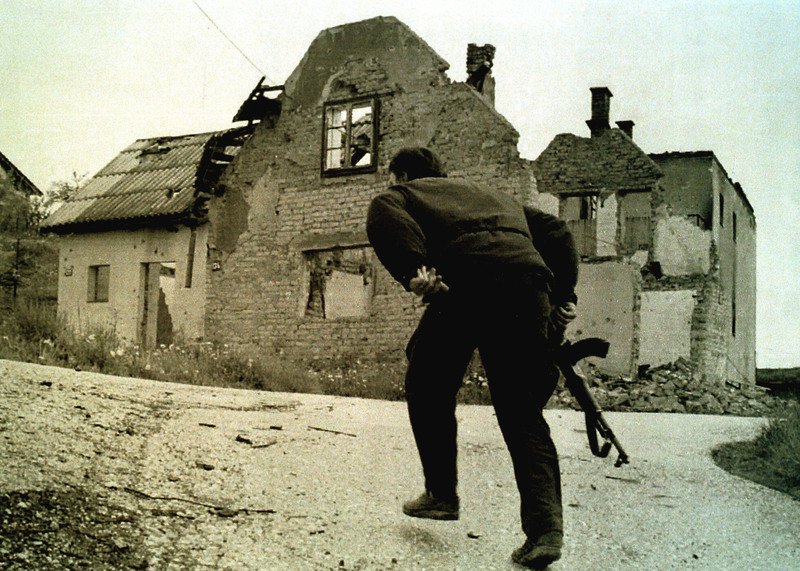 Picture: The war in the former Yugoslavia claimed thousands of lives and resulted in a completely different regional order. However, the risk of open conflict in this still unstable environment, caused among other things by the conflict of different cultures and religions, still smoulders. (illustration photo) | Shutterstock
Picture: The war in the former Yugoslavia claimed thousands of lives and resulted in a completely different regional order. However, the risk of open conflict in this still unstable environment, caused among other things by the conflict of different cultures and religions, still smoulders. (illustration photo) | Shutterstock
The question remains to what extent the above-mentioned potential conflict is actually real, and it is to be expected that a potential state of war would also affect other countries in the region, i.e. interconnected ethnic groups. The Czech army could thus be sent to the region again to reinforce the peacekeeping forces, thus repeating the situation from the 1990s. For our army, this would be a familiar environment, familiar terrain and familiar mentality of the local population. However, the method of warfare has advanced and what was then almost a guerrilla war with a minimum of advanced technology would look very different today. Moreover, possible Russian participation in a potential conflict would involve considerable technological support. The war would thus become a true 21st century conflict.











